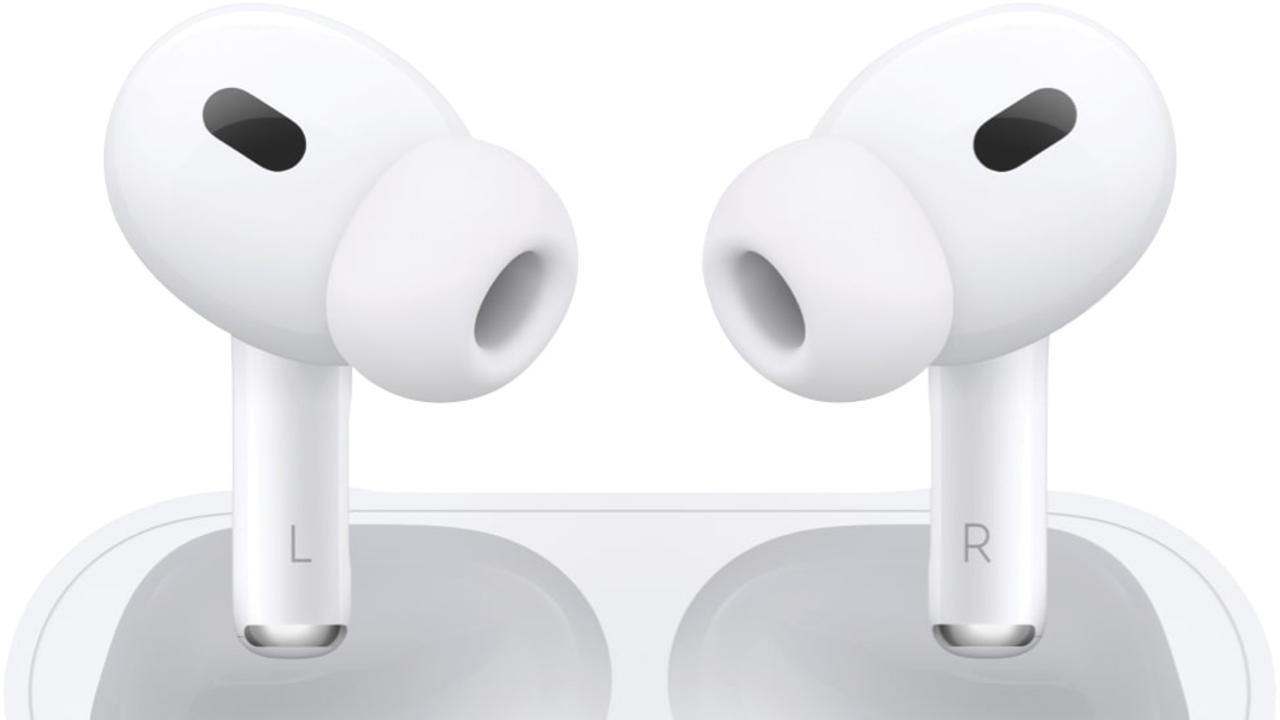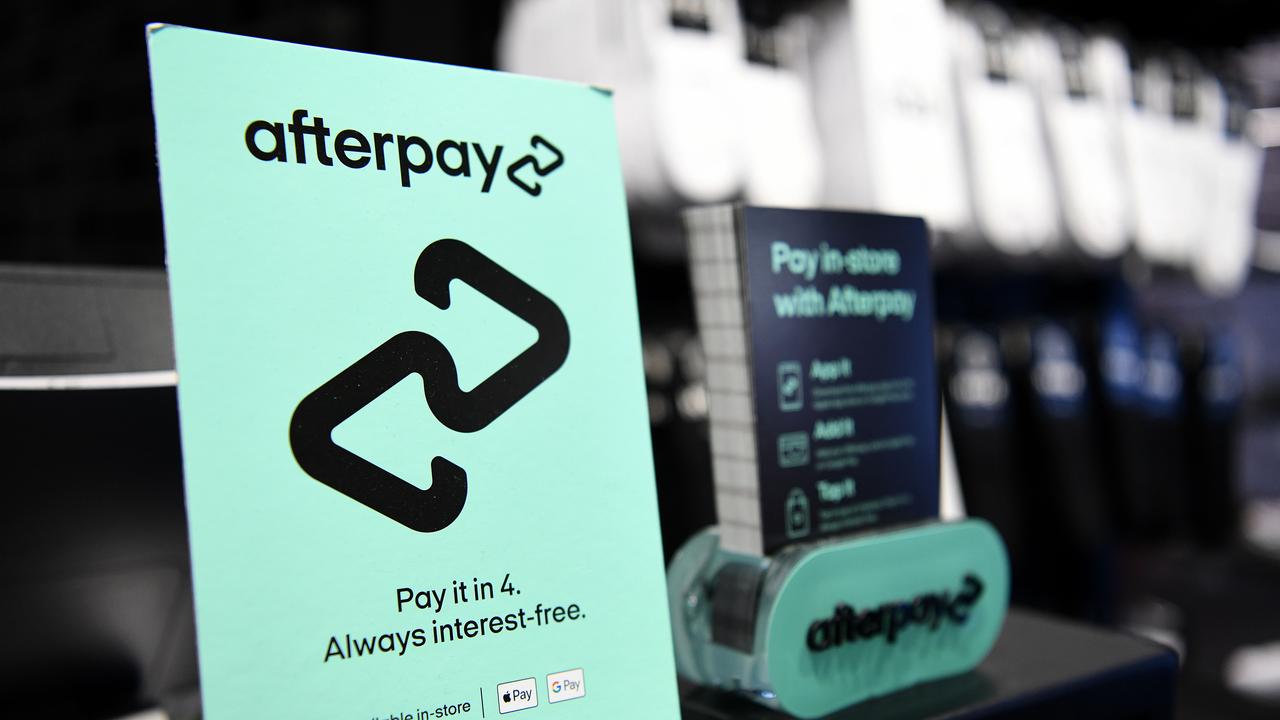Spacetalk taking on Apple, Fitbit with smartwatch for children
The only Australian business exhibiting at the Consumer Electronics Show has a plan to beat the world’s most valuable company at its own game.
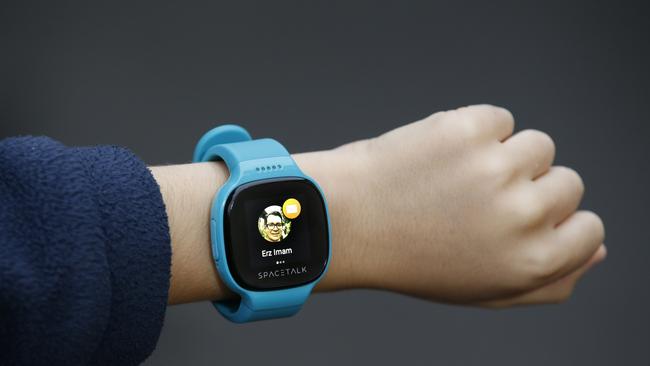
Wearables
Don't miss out on the headlines from Wearables. Followed categories will be added to My News.
An Australian company is taking on the world’s most valuable brand at its own game – but its CEO reckons they have something the tech giants don’t: A head start.
“We’re seeing the emergence of a brand new category — connected kids mobile watches — that didn’t exist before and it’s really taking off in a big way,” Spacetalk CEO Mark Fortunatow told news.com.au during the Consumer Electronics Show 2021.
Spacetalk is the only Australian company exhibiting at the all-digital CES.
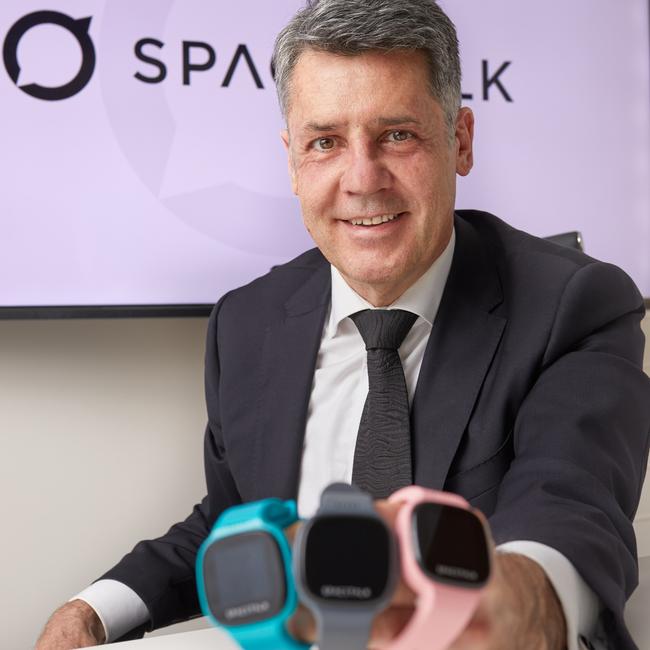
RELATED: Teen reveals how parents ‘track’ her
The company makes smartwatches for children and an associated app that can help parents keep in touch with their kids without giving them a fully fledged mobile phone.
The app has chat functions, activity and location tracking, and allows parents to turn device features on or off, assign them contacts, and a “school mode” to stop your children getting distracted in class.
Just before the end of last year the company released its third device, the Spacetalk Adventurer, growing its product line-up as it seeks to crack into the American market this year.
Spacetalk is in the process of setting up its overseas operations, hiring staff and working with retailers and networks.
“We’re seeing a very high level of interest. The US retailers and networks are seeing the success of JB Hi-Fi, Harvey Norman, Officeworks, they know they need to be part of this market.”
“The market has been looking for a device, and we’ve got it.”
RELATED: How a watch is saving women’s lives
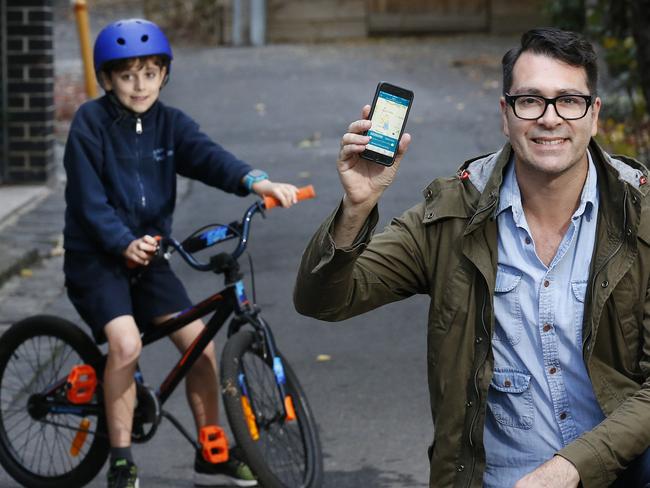
RELATED: Apple’s exciting new Watch feature
Mr Fortunatow said the feedback from local retailers has been stellar as well and those retailers are now deciding how much they want to commit to the new category, as are manufacturers.
“Apple, Garmin, Fitbit and others all need to decide to what level will they be involved in this market,” Mr Fortunatow said.
Apple recently announced Family Setup, which will allow you to set up an Apple Watch to work without an iPhone, giving an option for parents who want a way to keep in touch with their children (or their own parents) without buying them a smartphone.
“Apple are repurposing a device made for adults for kids. They’re an accessory to when you have a phone and definitely not a stand-alone mobile phone device,” he said.
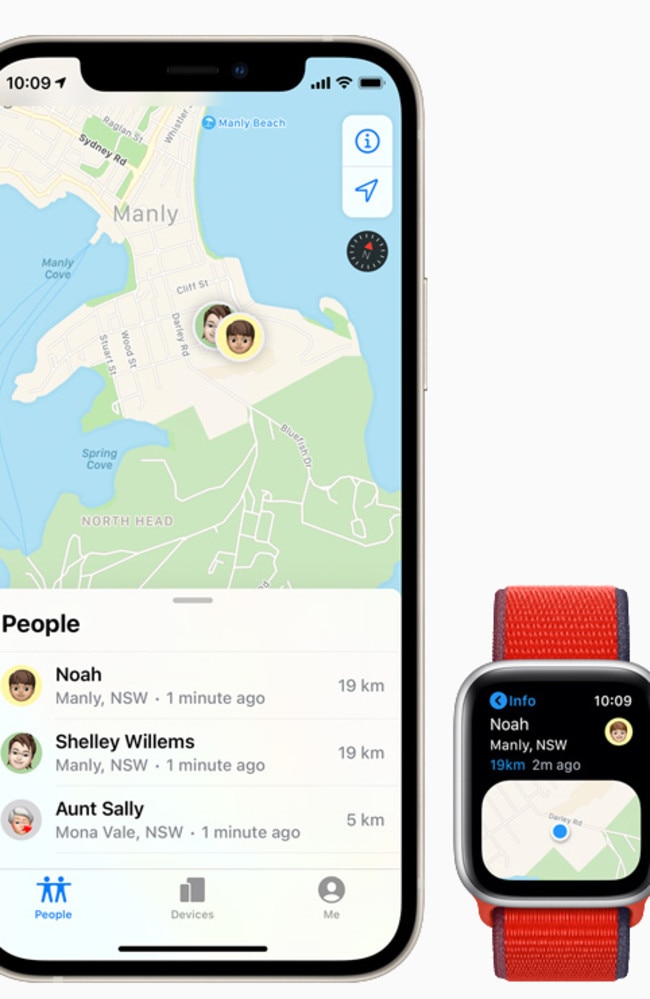
Mr Fortunatow described Apple’s strategy as trying to build a “moat” around its customers with families so they don’t “drift to companies like ours”.
Other companies were facing “a tremendous re-engineering and R & D process to get to market with a device”.
“To build an all-in-one smartphone, watch and GPS device is really hard,” Mr Fortunatow said.
“It looks like a crowded device space but when you filter it down it’s not that crowded at all … there are very few devices that really deliver on what they promise.”
He said competitors in the children’s smartwatch space were primarily coming from the same one or two factories and being brought into the country by importers who slap a brand on them.
“The reception is generally poor too because they’re built for international markets and in Australia we have got a very unique band system for 3G and 4G, those devices only work with some providers and not others and the reception is patchy … We’re not seeing a lot of competition at all.”
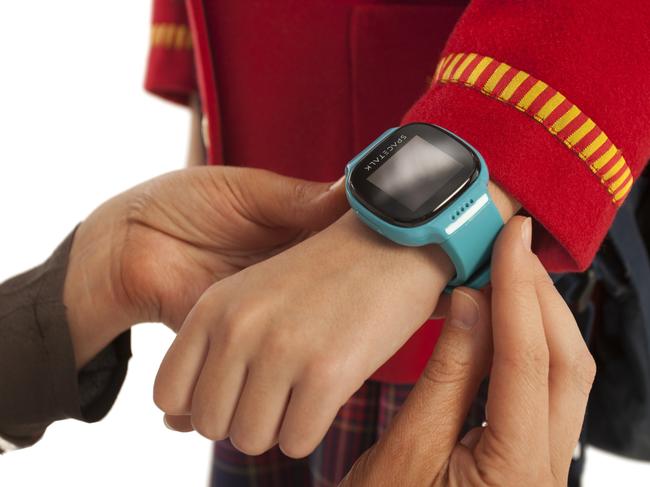
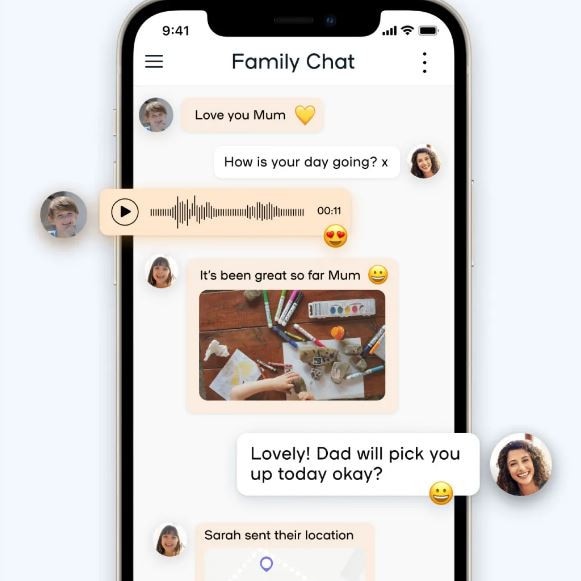
While Mr Fortunatow doesn’t see much competition for Spacetalk in the device space, that’s also not where he sees the company’s main value for customers.
“The main product we sell is actually the app, that’s what provides the greatest value to all family members by keeping them connected, safe, and providing information they need.”
Spacetalk has already been through the research and development processes other companies will need to undertake to compete, and those companies are facing what could be a long period of trial and error.
Mr Fortunatow even admitted he wasn’t immediately happy with the reception quality on the company’s first device.
He said it was annoying enough when you couldn’t get in contact with someone.
“When it’s your child on the other end? You feel their safety may be at risk and you can’t contact them? It’s incredibly frustrating,” he said.
“These devices are ultimately safety devices for kids, they always have to work.”
Originally published as Spacetalk taking on Apple, Fitbit with smartwatch for children

